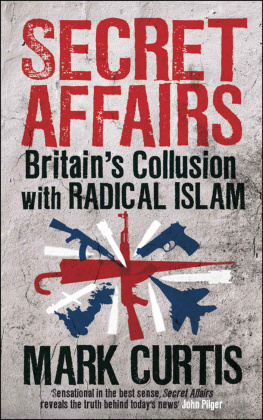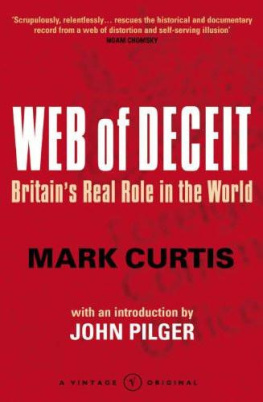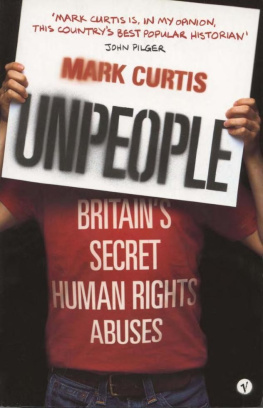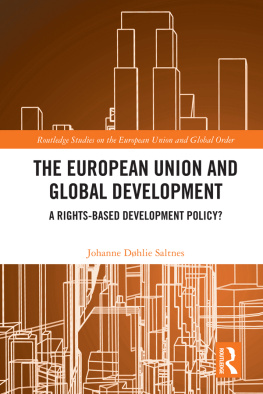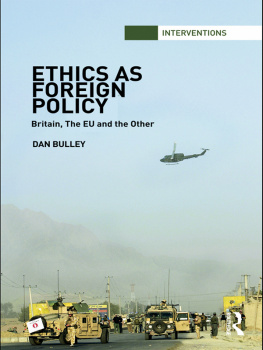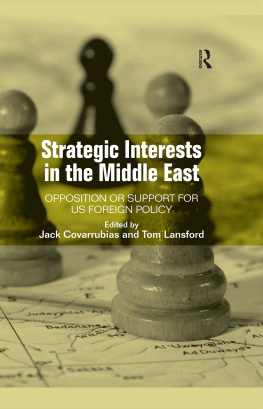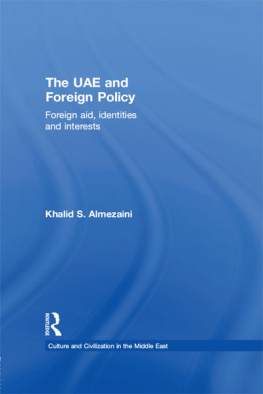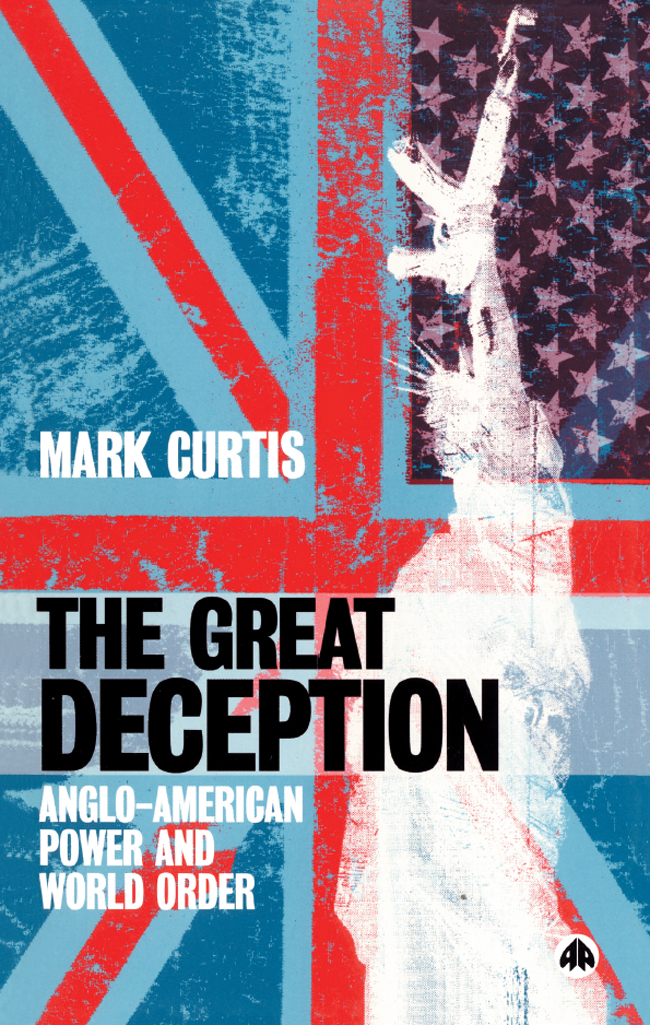The Great Deception
The Great Deception
Anglo-American Power and World Order
Mark Curtis

First published 1998 by Pluto Press
345 Archway Road, London N6 5AA
Copyright Mark Curtis 1998
The right of Mark Curtis to be identified as the author of this work has been asserted by him in accordance with the Copyright, Designs and Patents Act 1988.
British Library Cataloguing in Publication Data
A catalogue record for this book is available from the British Library
Library of Congress Cataloging in Publication Data
A catalog record for this book is available.
ISBN 9780745312347 pbk
ISBN 0745312349 pbk
ISBN 9780745312392 hbk
ISBN 074531239X hbk
ISBN 9781783715756 ePub
ISBN 9781783715763 Mobi
Designed and produced for Pluto Press by
Chase Production Services, Chadlington, OX7 3LN
Typeset from disk by Stanford DTP Services, Northampton
Printed on demand by Antony Rowe Ltd, Eastbourne
Contents
Part I
Foreign Policy
Part II
Development
Part III
The Middle East
Part IV
The United Nations
List of Abbreviations and Acronyms
ADB | Asian Development Bank |
ATP | Aid and Trade Provision |
AWACS | Airborne Warning and Control System |
BHRO | Bahrain Human Rights Organisation |
BP | British Petroleum |
CBI | Confederation of British Industry |
CDC | Colonial Development Corporation |
CENTCOM | Central Command |
CIA | Central Intelligence Agency |
DTI | Department of Trade and Industry |
EC | European Community |
ESAF | Enhanced Structural Adjustment Facility |
EU | European Union |
FCO | Foreign and Commonwealth Office |
GATT | General Agreement on Tariffs and Trade |
GCC | Gulf Cooperation Council |
GCHQ | Government Communications Headquarters |
GDP | gross domestic product |
GNP | gross national product |
ICJ | International Court of Justice |
IDA | International Development Agency |
IFC | International Finance Corporation |
IFI | international financial institution |
IISS | International Institute for Strategic Studies |
IMF | International Monetary Fund |
ITO | International Trade Organisation |
JRDF | Joint Rapid Deployment Force |
LDC | less developed country |
MEW | Middle East Watch |
MI5 | Military Intelligence domestic security division |
MI6 | Military Intelligence secret intelligence division |
MoD | Ministry of Defence |
MSF | Mdecins Sans Frontires |
NAFTA | North American Free Trade Agreement |
NATO | North Atlantic Treaty Organisation |
NGO | non-governmental organisation |
NIC | newly industrialising country |
NSA | National Security Agency |
NSC | National Security Council |
ODA | Overseas Development Administration |
OECD | Organisation for Economic Co-operation and Development |
OEEC | Organisation for European Economic Co-operation |
OPEC | Organisation of Petroleum Exporting Countries |
PKI | Indonesian Communist Party |
PLO | Palestine Liberation Organisation |
R&D | research and development |
RAF | Royal Air Force |
RDF | Rapid Deployment Force |
SANG | Saudi Arabian National Guard |
SAP | structural adjustment programme |
SAS | Special Air Service |
SAVAK | Iranian secret police |
SIGINT | signals intelligence |
SIS | Secret Intelligence Service |
SUNFED | Special United Nations Fund for Economic Development |
TAPOL | Indonesian Human Rights Campaign |
TASM | Tactical Air to Surface Missile |
TNC | transnational corporation |
TRIPS | Trade-related intellectual property rights |
UAE | United Arab Emirates |
UAR | United Arab Republic |
UN | United Nations |
UNAMIR | United Nations Assistance Mission in Rwanda |
UNCTAD | United Nations Conference on Trade and Development |
UNDA | United Nations Development Authority |
UNDP | United Nations Development Programme |
UNESCO | United Nations Educational, Scientific and Cultural Organisation |
USAF | United States Air Force |
WTO | World Trade Organisation |
Introduction
This study attempts to analyse past and present US and British foreign policy, the special relationship between them and their policies towards development, the Middle East and the United Nations. Their policies in these three areas are especially important to consider since they are central to sustaining current world order: US and British priorities determine much of the development agenda, especially in the area of the international economy; the US remains the de facto controlling power in the Middle East, with Britain playing a key role in the Gulf; and the two states agendas largely determine the functioning or otherwise of the UN Security Council. By consulting the formerly declassified planning record, as well as a variety of contemporary sources, it is possible to show the reality of policy in these areas, and the radical difference between this reality and that presented by mainstream media and academic commentators.
Citizens of the United States and Britain bear a heavy burden. These two countries have largely shaped the post-Second World War world and the current international order, usually in close alliance with each other. The human consequences of their policies are immense. World order currently means three-quarters of the worlds population living in poverty (an average income of $2 a day) and works only to the benefit of a minority elite. It also signifies economic and political power increasingly concentrated in unaccountable private organisations in whose interests international relations increasingly function. Any honest inquiry shows that the policies carried out in the names of the people of these two great democracies are in fact responsible for much of humanitys suffering at the end of the twentieth century. The magnitude of this culpability is matched by the degree to which it is overlooked or suppressed by the so-called free press and independent academia in these two countries.


